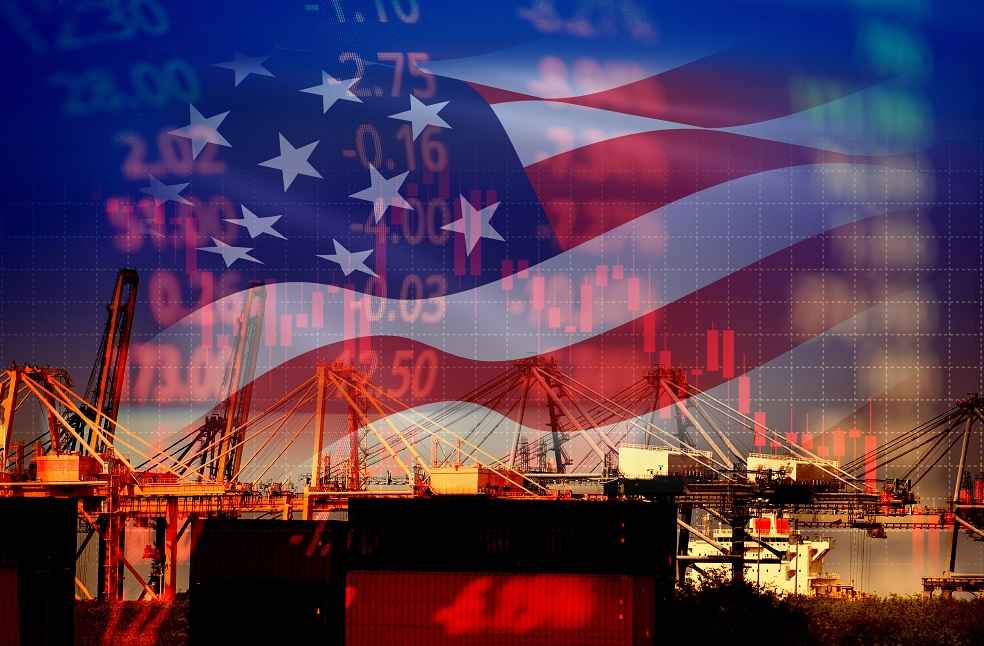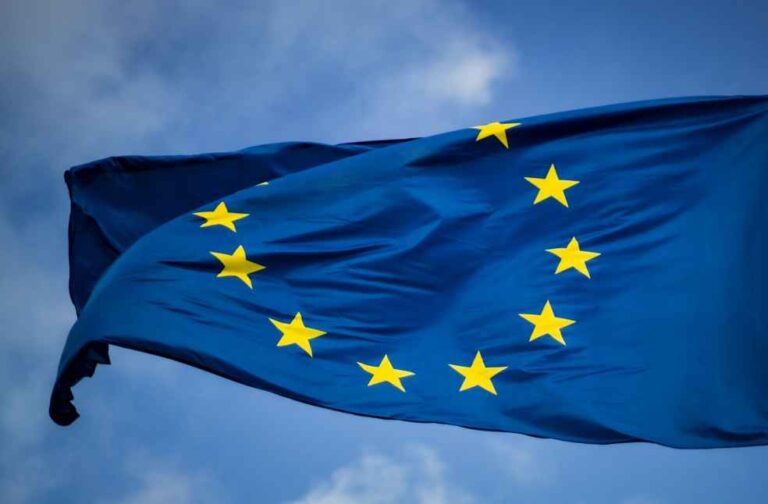The European Union (EU) is intensifying trade talks with the United States and cautioning against potential repercussions as President Donald Trump considers enforcing broad 50% tariffs on almost all EU imports by July 9.
The EU has strongly condemned Trump’s unexpected decision to raise tariffs on imported steel to 50%, cautioning that it may reintroduce and broaden retaliatory measures if a resolution is not achieved.
Trade negotiations are set to continue this week, with EU trade chief Maros Sefcovic meeting U.S. Trade Representative Jamieson Greer in Paris on Wednesday. Meanwhile, a European Commission delegation is already in Washington for technical discussions, as confirmed by Commission Spokesman Olof Gill.

The EU temporarily suspended its earlier retaliatory tariffs on April 14 to facilitate negotiations but stated that the measures, along with additional ones, will be implemented automatically on July 14—or sooner if necessary—unless an agreement is reached, according to Gill’s statement on Monday.
The European Union has previously sanctioned retaliatory tariffs on $24 billion (€21 billion) worth of U.S. goods, covering key products such as soybeans, poultry, motorcycles, and various agricultural exports. Additionally, a second round of tariffs is in preparation, aimed at $95 billion (€95 billion) in American industrial goods, including Boeing aircraft, automobiles, and bourbon.

While the EU is ready to take strong countermeasures, its primary focus remains on preventing escalation and securing a fair agreement.
At the same time, President Trump has criticized the EU’s trade policies, urging reductions in the bloc’s trade surplus and lowering tariff and non-tariff barriers, including value-added taxes. In response, the EU is advocating for a more comprehensive agreement that fosters collaboration in industries such as semiconductors and pharmaceuticals.
POLICY & LAW | India-U.S. Trade Agreement Nears Final Negotiation Phase



